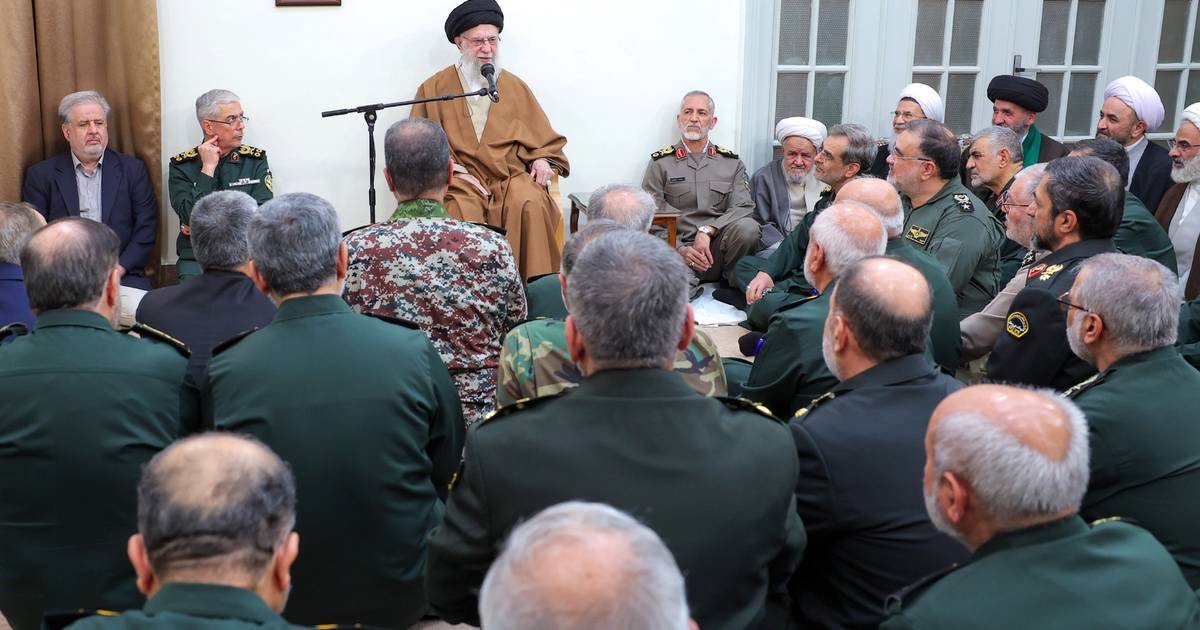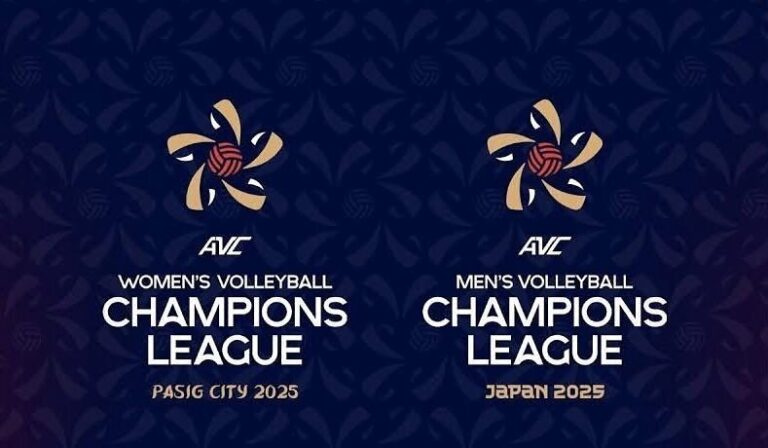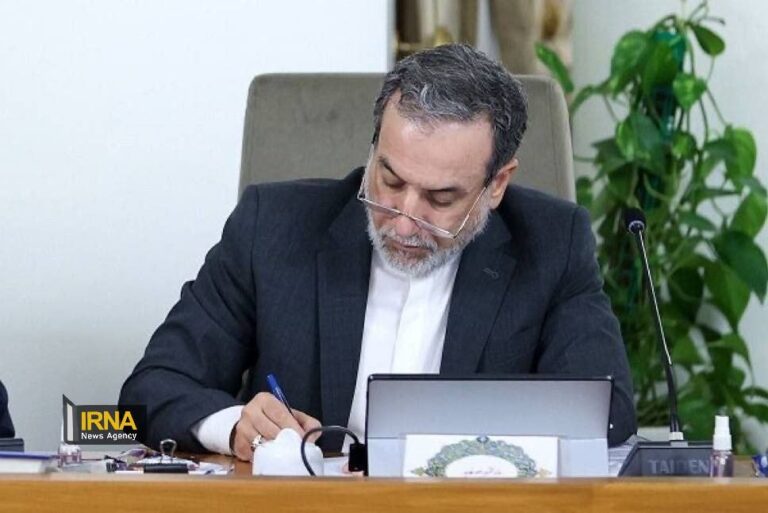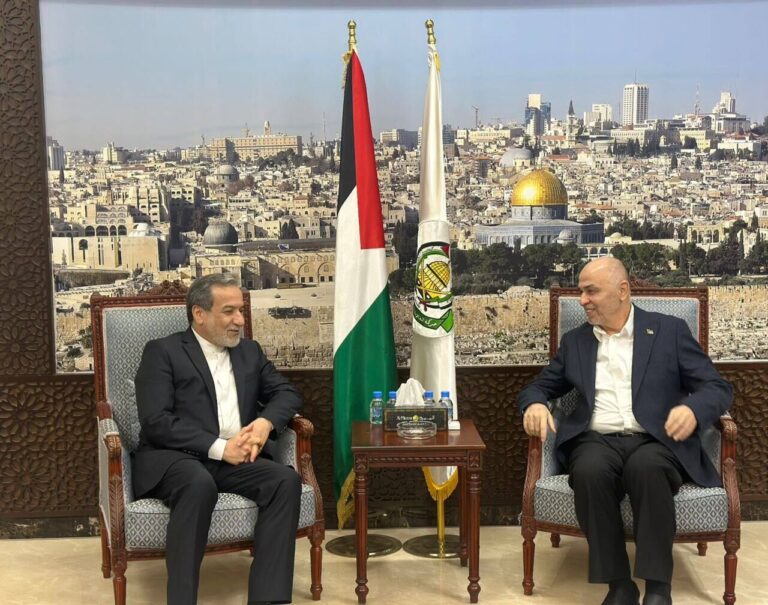Iran Aims for ‘Controlled Narrative’ on US Talks to Shape Domestic Perception
In the realm of international diplomacy, the ongoing discussions between Iran and the United States have become a focal point of attention. Recent cautious statements from Iranian officials, coupled with limited disclosures from tightly-controlled media, indicate a strategic approach to managing public perception regarding these sensitive negotiations.
Despite this, it seems that Iranian officials are more open to sharing insights with their Russian and Chinese counterparts. This duality in communication raises questions about the transparency and objectives behind Iran’s diplomatic maneuvers.
According to reports, Iranian Foreign Minister Abbas Araghchi made a significant decision to withdraw from a scheduled online meeting at the Carnegie Endowment in New York. The Revolutionary Guards-linked newspaper Javan reported that this move was a “calculated strategy aimed at controlling the narrative surrounding the Iran-US talks.” Araghchi himself emphasized on social media that, “Iran has no intention to negotiate in public.”
Araghchi went further to accuse unnamed “special interest groups” of trying to influence the diplomatic process by tarnishing the reputation of negotiators and pressuring the US government to adopt maximalist demands. While he stated that his focus remains on “Iran’s thoughts and objectives in the talks,” he has not provided substantial explanations to the Iranian public about these objectives. Officials have only vaguely indicated that their primary aim is to lift sanctions.
Furthermore, Araghchi expressed concerns regarding the format of the Carnegie Endowment discussion, explaining that he feared his keynote address might devolve into an “open Q&A.” Following his withdrawal, the Carnegie Endowment expressed regret over the situation and noted that changes to the agreed format necessitated the cancellation of Araghchi’s participation.
Seeking a Controlled Narrative
In this context, the Javan newspaper cited a source indicating that Tehran is intent on crafting a “controlled narrative” to strengthen its position in the ongoing discussions. The source remarked, “Iran understands the impact of public perceptions on diplomatic outcomes.” By avoiding a public platform, Iran aims to enhance its diplomatic stance and demonstrate its commitment to achieving favorable results.
Promoting a Dominant Narrative
This strategic approach aligns with comments made by Iranian Government Spokeswoman Fatemeh Mohajerani, who, on April 22, characterized Iran’s efforts as a means to present a “dominant narrative” regarding the negotiations. She stated, “We aim to offer the first narrative after every round of talks.” This strategy has led many media outlets to adopt Iran’s perspective, particularly following statements by Foreign Ministry Spokesman Esmail Baghaei immediately after meetings.
Mohajerani framed this approach as a method to manage media coverage in favor of transparency and accurate information dissemination. However, her assertion about transparency stands in stark contrast to Baghaei’s earlier remarks on April 21, where he stated, “Details about the negotiations are not meant to be disclosed to the media.”
- Iran’s Strategy: Aimed at controlling the narrative surrounding the Iran-US talks.
- Public Perception: Recognizing its influence on diplomatic outcomes.
- Withdrawal from Carnegie Meeting: A calculated decision to avoid public scrutiny.
- Media Management: Efforts to present a dominant narrative post-negotiations.
- Contradictory Statements: Tension between public transparency and media disclosure.
The intricate dynamics of Iran’s diplomatic strategy demonstrate a clear intention to manage both public perception and media narratives regarding the ongoing talks with the United States. By prioritizing a controlled approach to information dissemination, Iranian officials aim to solidify their negotiating position while navigating the complex landscape of international diplomacy.
In conclusion, as the discussions continue, the Iranian government’s careful management of information and public perception will play a crucial role in shaping the outcomes of these sensitive negotiations. The balance between maintaining secrecy and fostering a narrative that aligns with national interests is a delicate one, and its success will depend on the officials’ ability to navigate the intricacies of both domestic and international expectations.






